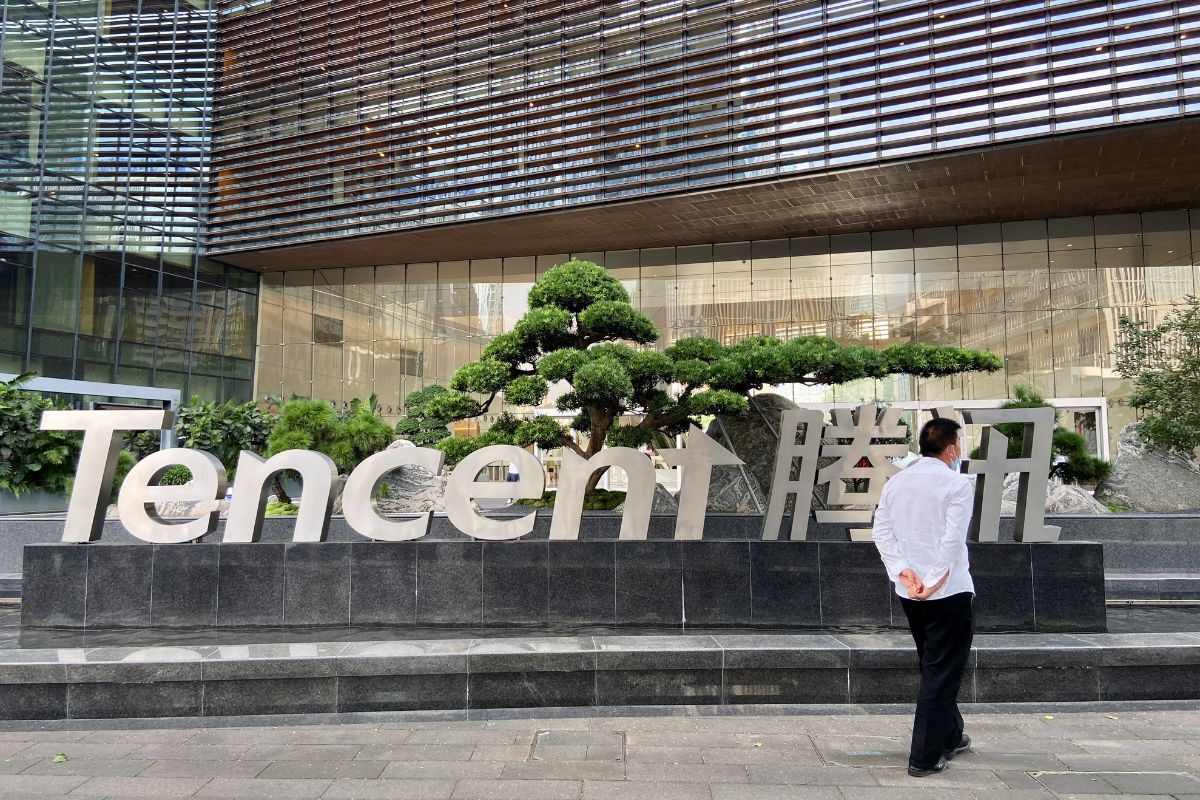On Monday, investors dumped shares of Chinese tech giants Alibaba Group (9988. HK) and Tencent (0700. HK) as well as chipmakers in response to new U.S. export control measures aimed at slowing Beijing’s technological and military advancements.
On Friday, the Biden administration released a comprehensive set of export controls, one of which restricted the sale of certain semiconductor chips to China that were manufactured with U.S. equipment.
The slew of measures some of which go into effect immediately may represent the most significant change in U.S. policy toward exporting technology to China since the 1990s.

The development of China’s domestic chip industry and the advancement of commercial and state research into areas like military weapons, artificial intelligence, data centers and many others that rely on supercomputers and high-end chips are all expected to be slowed by the new regulations, according to experts.
Also, Read
The global chip industry has warned of weak revenue as a result of the new regulations, which come at a time when the industry is already facing major headwinds from falling demand for computers, smartphones and other electronic devices in the wake of the COVID scare. They predicted that Chinese chipmakers would be hit the hardest.
The new rules state that without a license, American firms may no longer sell to Chinese chipmakers any machine capable of producing “relatively advanced chips” which are defined as logic chips with a feature size of 16 nanometers (nm) or less, dynamic random access memory (DRAM) chips with a feature size of 18 nm or less, and NAND chips with 28 layers or more.
That will have an impact on state-backed leading memory chipmakers like Yangtze Memory Technologies Co Ltd (YMTC) and Changxin Memory Technologies Ltd (CXST) as well as China’s top contract chipmakers like Semiconductor Manufacturing International Corp (SMIC) (0981. HK) and Hua Hong Semiconductor Ltd (1347. HK) (CXMT).
Citi analysts said in a note that “the U.S. restrictions could make the development of China’s advanced chip technologies even more challenging.” Memory chip giants like Samsung Electronics (005930. KS) and Micron Technology (NASDAQ: MU) are in a tight race with China’s YMTC and CXMT, according to industry analysts (MU.O).
Analysts predict that the new regulations will present significant challenges for the two Chinese memory chipmakers. According to a research note written by Gu Wenjun, head of research at Shanghai-based consultancy ICWise, “the advancement of memory will be limited as there is no opportunity to upgrade process equipment, no opportunity to expand production, and the market will be lost.”